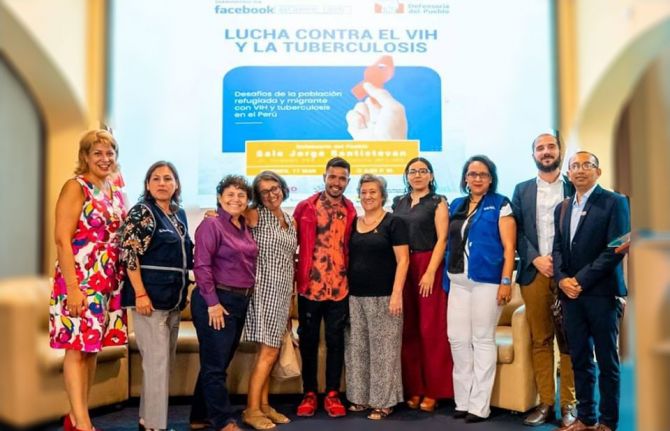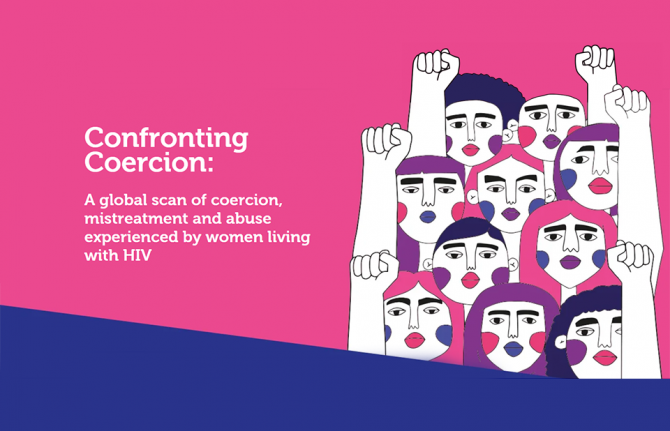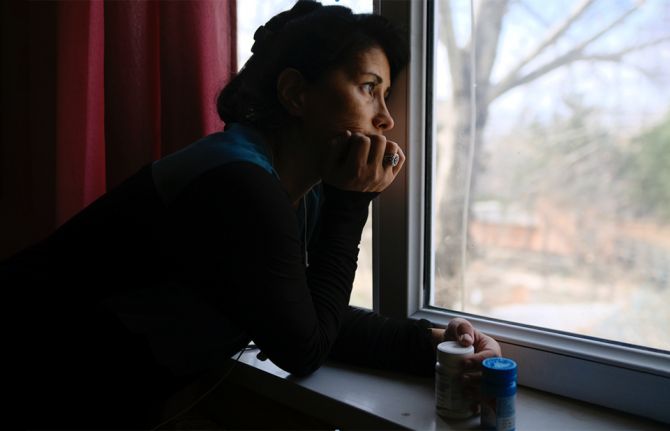
Feature Story
Rights Here, Rights Now! The Global Commission on HIV and the Law
19 July 2010
19 July 2010 19 July 2010
Legal frameworks can be powerful tools for countries struggling to control their epidemics. The last three decades have given rise to contentious legal debates on HIV-related issues (e.g.: criminalization of HIV transmission; legal restrictions on needle and syringe distribution in the US, on methadone in Russia, versus legal comprehensive harm reduction in Australia). The last few years have seen an insurgence of punitive laws and practices related to drug use, HIV transmission and exposure, sex work, and same sex sexual relations. There is also a growing body of evidence on the relationship between HIV and violence against women.
There is enough variation in legal responses to HIV around the world to highlight the need to rigorously examine the impact of different legal environments on HIV outcomes and to make appropriate recommendations. According to Jeffrey O’Malley, Director of the United Nations Development Programme’s HIV/AIDS Practice, “Thirty years on, there is a huge variation from one country to the next in terms of HIV prevention results. It is increasingly clear that one of the most influential factors is the legal environment. Does the law facilitate and enable HIV prevention and care or does it stand in the way? We need to understand both cases and to promote good practice.”
Right here, right now is the time to take a hard look at how legal environments affect HIV responses. As highlighted in the Vienna Declaration, the relationship between legal environments and epidemiological trends in Eastern Europe offers an example of the ways in which legal frameworks can impact HIV epidemics. The Global Commission on HIV and the Law “provides a timely opportunity to take stock of the impact of punitive laws and practices on the lives of those most marginalized in our societies and on their access to life-saving HIV prevention and treatment services. For this reason, Australia is pleased to be supporting this endeavour. We hope other donors will follow suit,” says Mr. Murray Proctor, Australia’s AIDS Ambassador.
The Global Commission on HIV and the Law will explore the impacts of legal environments on HIV responses. Areas of inquiry may include: (1) punitive laws and practices that effectively criminalise lives (2) laws and practices that sustain violence and discrimination as lived by women (3) laws and practices that impede treatment access. The Commission’s work will take place over an 18 month period –mobilizing communities across the globe and promoting public dialogue on how to make the law work for an effective response to HIV. The findings and recommendations of the Commission will be announced in December 2011.
The Commission, which brings together eminent leaders from many walks of life and regions, will interrogate the legal environments that form the context of national HIV responses. Experts on law, public health, human rights, and HIV will support the Commissions’ work. Commissioners will assess evidence about the impact of law and law enforcement on the lives of people living with HIV and those most vulnerable to it. Regional dialogues will provide a space in which those most directly affected by HIV-related laws can share their experiences with policy and law makers. As noted by Commissioner H.E. Festus Mogae, former President of Botswana, “HIV threatens us all. HIV is a global problem and the promise of an AIDS-free generation requires bold global leadership. This Commission is an important expression of the commitment and leadership of the global community to meet the needs most vulnerable to HIV.”
Right Hand Content
External links:
Global Commission on HIV and the Law
Publications:
Information note: Global Commission on HIV and the Law 2010
Biographies of the Commissioners
Technical Advisory Group Biographies
UNAIDS Outlook Report 2010 (pdf, 6 Mb)
UNAIDS Outcome Framework 2009-2011 (pdf, 388 Kb)





